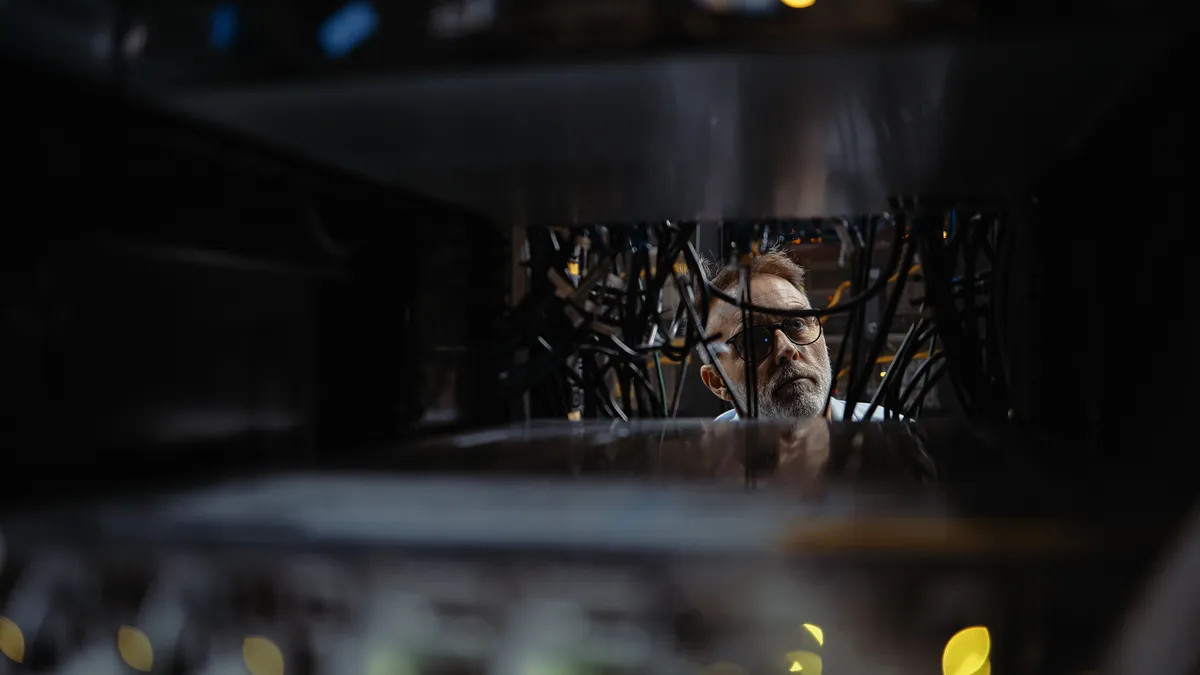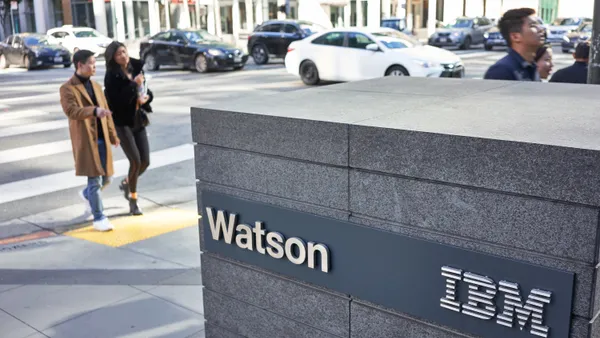Dive Brief:
- Enterprise customers trimmed software spending bloat last year but still wasted an average of $18 million on unused applications, according to a Tuesday report from SaaS solution provider Zylo. The company analyzed 12 months of customer data and surveyed more than 100 IT and software management professionals.
- As budgets tightened, SaaS spend declined 10% year over year, dropping to an average of $45 million for companies analyzed.
- With ERP giant SAP and other software vendors encouraging enterprise customers to adopt consumption-based as-a-Service models, software spend is on the FinOps agenda, according to the FinOps Foundation, which incorporated the category into its evolving definition of the practice this month.
Dive Insight:
As cloud adoption spreads throughout the enterprise, cost concerns and optimization initiatives follow, blending previously discrete budgeting categories into one big mass of tech spending. IT leaders are scrambling to maintain control while sustaining adoption.
More than 9 in 10 IT and software asset management pros now lump SaaS into broader cloud cost governance efforts, according to Zylo.
The savings potential is significant.
Overall, companies neglected billions in savings last year by failing to take advantage of built-in hyperscaler savings plans and discounts. Infosys found more than $300 billion in pre-paid cloud credits lying dormant in enterprise accounts.
A similar dynamic is at work in SaaS. Companies leave more than half of licensed SaaS applications unused, Zylo found. Nevertheless, the average organization added six applications each month last year, a rate of consumption likely to increase as AI usage grows.
Enterprise adoption of generative AI tools was reflected in Zylo’s tracking. OpenAI’s developer API topped the list for year-over-year spending growth.
IT leaders are also concerned with shadow adoption of generative AI and its implication on spending. Two-thirds of respondents acknowledged that employees charging software to expense accounts was a major challenge.












